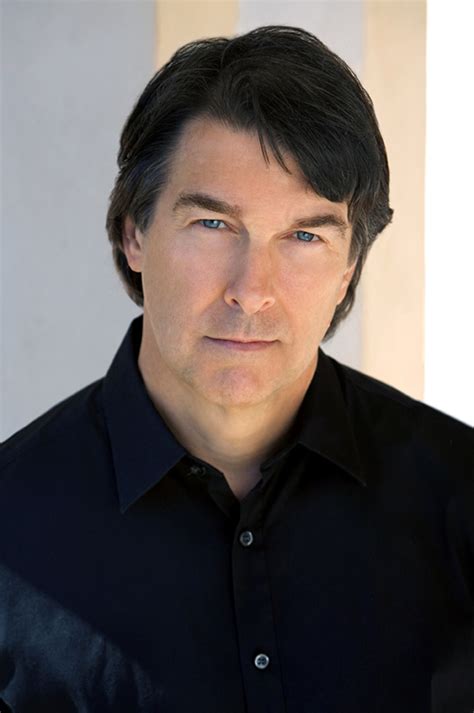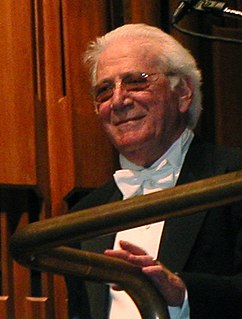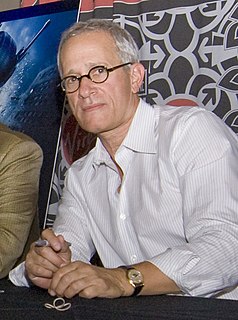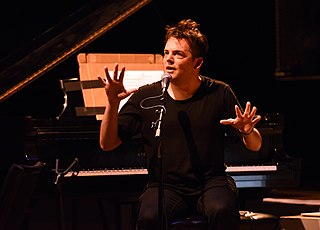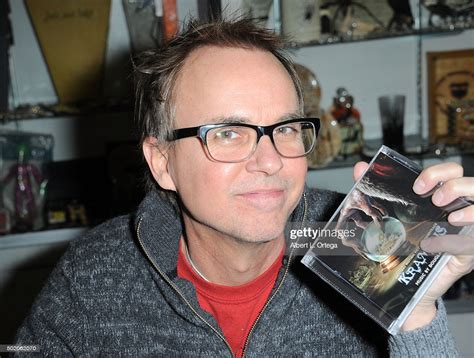A Quote by Ludwig Goransson
I'd say for a film composer, 'Star Wars' is kind of like the holy grail of film music. It's probably the best film music ever written.
Related Quotes
In terms of the film itself, there was nothing much very new about 'Star Wars.' 'Star Wars' was a trailblazer for the kind of monumentalist pastiche which has become standard in a homogeneous Hollywood blockbuster culture that, perhaps more than any other film, 'Star Wars' played a role in inventing.
I was playing in a band and was approached to score an independent film. I had never done it, but had written instrumental music, so I figured I could do it. Turns out I loved scoring the film, and took on another couple films before realizing that if I was to be an effective narrative composer, I should study the craft of composition. I stopped taking projects and got a degree in orchestral music composition, and followed that with film scoring studies. Near the end of my degree studies, I started taking on student films as a way to get back into film scoring.
If you go into a comic book store, there are tons of Star Wars stories on the stand. There are lots of different stories to tell. Maybe George [Lucas] won't tell them. Maybe some kid, who's a Star Wars fan that's planning to go to film school, will call Lucas and say, 'I'd like to make a Star Wars film.' Then, they'll make one.
Before writing a single note of music, and even before the spotting session, I find it best to sit down with the director and just listen to him or her talk about the film - what they're trying to say, what they want the audience to understand or believe, and a thousand other similar questions. The director has most likely been living with the film for years before a composer is attached, and so the director's inclinations, desires, and understanding of the film are paramount.



